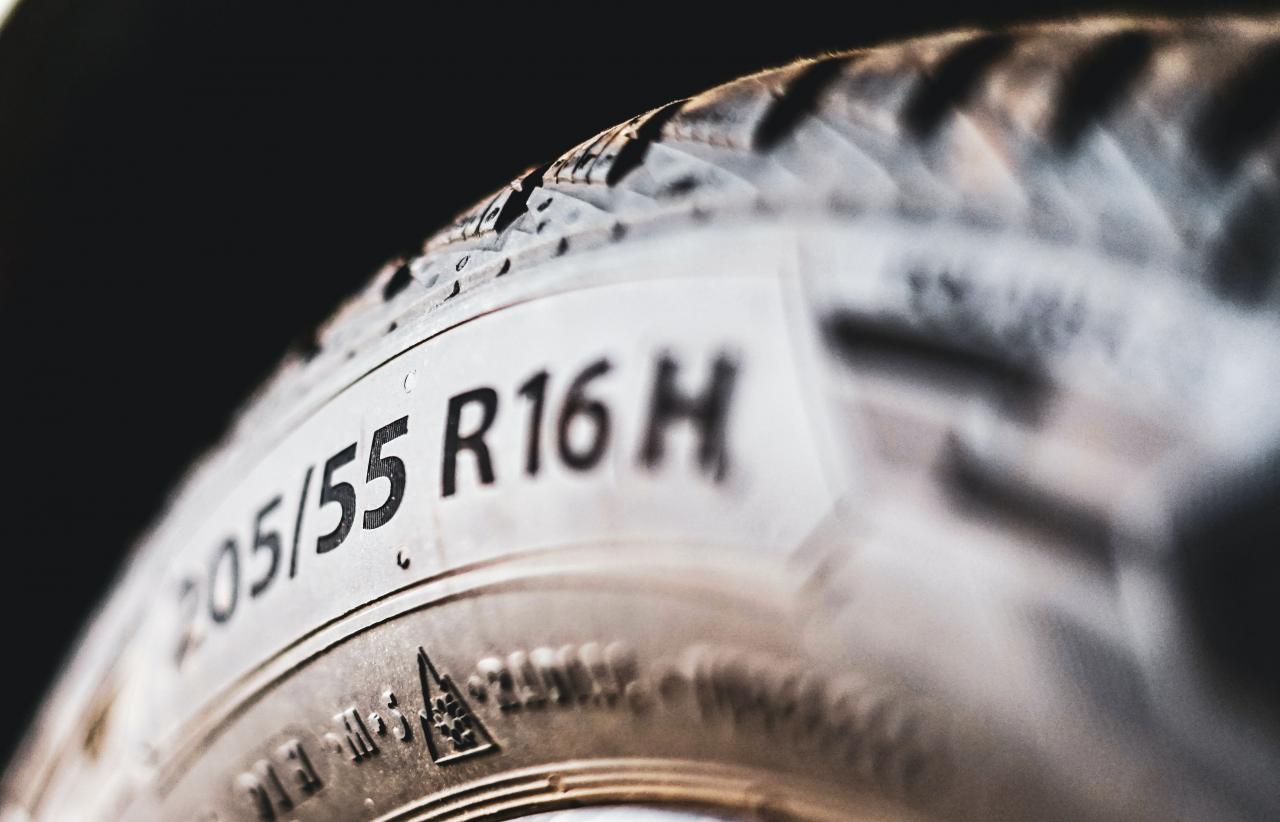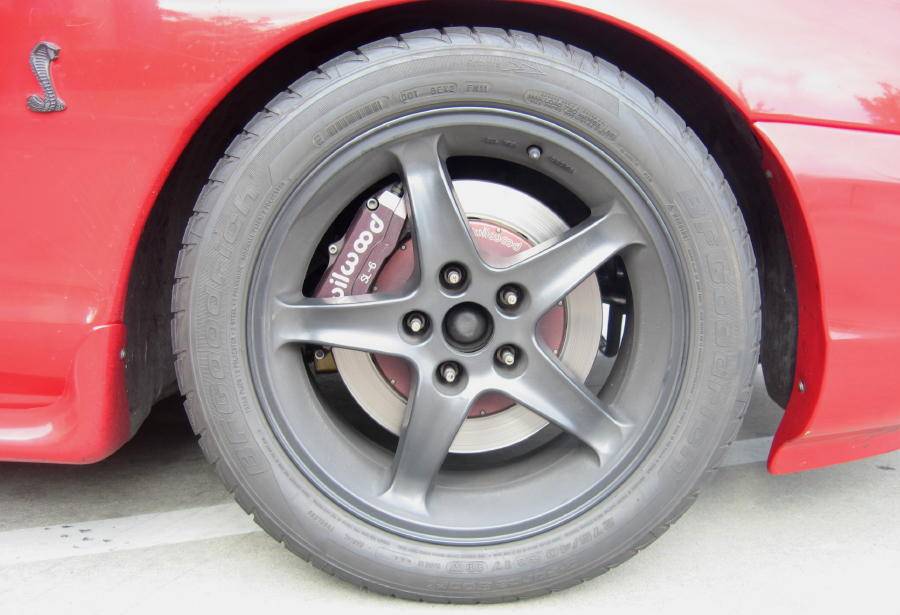How To Care For Your Tires
Tire safety is an important part of keeping your vehicle running and keeping you safe. The condition of your tires is one of the most important mechanical factors for vehicle safety. Tire safety is of crucial importance and the care of your tires cannot be overemphasized
 An incorrect tire pressure can lead to uneven tire wear, poor handling, excessive heat accumulation and possible tire failure. Driving with the wrong tire pressure can impair the handling and braking of the vehicle and affect your safety, especially in wet conditions. Overcrowded tires can lead to increased wear in the center tire (less tread), road holding is not as good and temperature changes can affect tire pressure. Check your tires regularly for wear and damage to avoid sudden problems. If the temperature near you is unpredictable, check your tires daily, as different temperatures can affect inflationary pressures. This can help prevent irregular wear, increase the longevity of your tires and increase fuel efficiency. Check your tire tread. Bald tires can lose grip on dry roads, which can cause you to lose control of your vehicle.
An incorrect tire pressure can lead to uneven tire wear, poor handling, excessive heat accumulation and possible tire failure. Driving with the wrong tire pressure can impair the handling and braking of the vehicle and affect your safety, especially in wet conditions. Overcrowded tires can lead to increased wear in the center tire (less tread), road holding is not as good and temperature changes can affect tire pressure. Check your tires regularly for wear and damage to avoid sudden problems. If the temperature near you is unpredictable, check your tires daily, as different temperatures can affect inflationary pressures. This can help prevent irregular wear, increase the longevity of your tires and increase fuel efficiency. Check your tire tread. Bald tires can lose grip on dry roads, which can cause you to lose control of your vehicle.
When Should You Rotate Tires
The standard recommendation is to rotate your tires every 5,000 to 6,000 miles. US tire manufacturers recommend that drivers regularly check tire pressure and tread depth to ensure that their tires are spinning and aligned correctly. You can consult your owner's manual or the manufacturer's recommended tire rebound.
To ensure that your tires are properly inflated, use a tire pressure gauge and check the inflation pressure at least once a month on long road trips. With each 10-degree temperature change, the tire's air pressure changes by 1 psi (pound per square inch). Some cars are equipped with flat tires that allow air pressure to continue at up to 60 miles per hour, and most vehicles are equipped with a space-saving spare tire repair kit.
The changing pattern of rotating tires depends on whether you have directional, symmetrical or asymmetrical tires and what type of vehicle you are driving. Due to the load capacity and performance, it is important to find the right tires for your vehicle. Do not cross your direction tires to the other side of the car without having removed them from the rim, turned them over and remounted them. There are different tire rotation patterns for vehicles with front and rear wheel drive. In view of this, the performance models of sports cars will most likely have directional tires.
Why Tire Pressure Matters
The air pressure of tires should be checked when temperatures are cold. Short journeys can cause the tires to become too warm, which increases the air pressure and leads to inaccurate air pressure measurement. Make sure your vehicle is equipped with the correct tire sizes and types for which it is best-suited. The tire pressure is crucial for the correct interaction of the tire with the road surface. Wrong tire pressure creates a road contact width on the tire, which impairs performance. Too much or too little tire pressure shortens the service life of the tires, leads to uneven tread wear and hinders the proper functioning of the tires in the event of sudden evasive maneuvers.
Maintenance Checks on Your Vehicle
 Attentive maintenance and regular inspections by tire professionals are essential for optimum tire performance and service life. Our tires deserve more attention than ever because of the ever-changing road and weather conditions and their immense impact on the performance and safety of our cars. How much you know about basic tire care and how well you care for your tires can have a direct impact on your safety, the performance of your vehicles, fuel efficiency and repair costs.
Attentive maintenance and regular inspections by tire professionals are essential for optimum tire performance and service life. Our tires deserve more attention than ever because of the ever-changing road and weather conditions and their immense impact on the performance and safety of our cars. How much you know about basic tire care and how well you care for your tires can have a direct impact on your safety, the performance of your vehicles, fuel efficiency and repair costs.
Simple maintenance checks include maintaining the right tire pressure, checking the tread depth, turning and balancing tires to maintain the right alignment, improving fuel economy, improving handling and protecting you from hazards such as tire bursts and punctures. Anyone who wants to drive on the road should never underestimate the importance of tire maintenance. Tires are one of the most important safety features of a vehicle. Due to their long service life and general durability, tires are often perceived as a static vehicle component, not unlike many other mechanical parts. Tires are the only part of the vehicle that has a connection to the ground.
How To Check Your Tires
According to the Rubber Manufacturers Association (RMA) only 17 percent of drivers know how to regulate tire pressure properly. The RMA also says 35 percent of drivers don't know when to tell if their tires are bald. To know if this is a problem, you should check your tire pressure on a monthly basis to ensure that it complies with the PSI recommended by the vehicle manufacturers. Be sure to check several spots on your tires to get a good idea of their overall tread depth. Try the simple penny test to check tread depth, alerting you of balding. If you can see the top of the Lincoln head and your tread is worn out, it is probably time to replace your tires.
Meltdown Tires is Your One Stop Tire Shop
Visit JBA’s Meltdown Tires to get professional expertise and maintenance. We service standard, classic, and performance cars and can order any tire to our store for installation, mounting and balancing. We make changing out your tires hassle-free. Our staff is equipped with hands-on experience to give you the safest and most efficient tires for your car and your habits as a driver. Whether you want something to show off your car’s burnouts or need to get the best mileage, we can help you find the perfect fit. Call or visit JBA Speed Shop today for all your vehicle’s needs.
